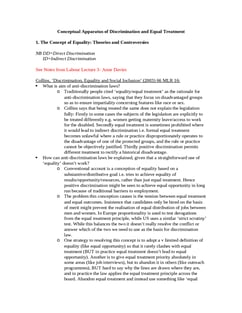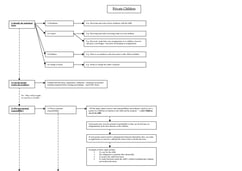Balfour v Balfour [1919] 2 K.B. 571; [1919] 6 WLUK 33
Judgement for the case Balfour v Balfour
Table Of Contents
KEY POINTS
-
During challenging times, married couples may opt for a Husband-and-Wife Contract for Temporary Separation Allowance—a pragmatic legal agreement providing a framework for a temporary separation while ensuring financial well-being.
This arrangement offers respite without implying a permanent dissolution of the marital union.
Provisions for the Maintenance of the Wife sustain the spouse's standard of living, acknowledging the impact on their domestic arrangement.
This contractual approach reflects the couple's commitment to addressing differences responsibly, promoting fairness, and safeguarding overall welfare.
It provides a structured space for reassessment without inherently implying permanent dissolution, showcasing the adaptability of legal frameworks in recognizing the complexities of modern relationships.
FACTS
The Wife (‘Plaintiff’), who was married to the Husband (‘Defendant’), filed a lawsuit seeking payment based on a claimed verbal agreement. The Husband had allegedly agreed to provide a monthly allowance of 30L in exchange for the Plaintiff's commitment to self-support without further maintenance demands.
They had been married in 1900 and had resided in Ceylon due to the Husband's government appointment. In 1915, they briefly returned to England during his leave, and in 1916, the Husband returned to Ceylon, leaving the Plaintiff in England temporarily for medical reasons.
The Plaintiff contended that the verbal agreement was made before his departure.
Despite their separation, Plaintiff obtained a decree for restitution of conjugal rights and an alimony order, highlighting the intricate legal steps taken amidst the complexities of their relationship.
JUDGEMENT
The court held that the purported agreement did not qualify as a legally binding contract; instead, it was deemed a customary domestic arrangement ineligible for legal recourse.
In the ordinary domestic relationship between spouses, mutual promises do not inherently establish grounds for a contractual cause of action.
Consequently, the decision handed down by Justice Sargant was overturned.
COMMENTARY
-
The case involving the Plaintiff, who sought payment based on a claimed verbal agreement with her Husband.
The Plaintiff asserted that her husband had agreed to provide a monthly allowance in exchange for her commitment to self-support without additional maintenance demands.
The temporal context of their marriage, relocation to Ceylon, and subsequent separation due to the husband's government appointment add complexity to the situation.
-
The Plaintiff's legal pursuit became even more complex as she obtained a decree for restitution of conjugal rights and an alimony order despite the physical separation.
This underscored the multifaceted nature of the legal steps taken within the framework of marital law to address the evolving circumstances of their relationship.
-
However, the court's judgment took a different stance. It held that the alleged verbal agreement between the spouses did not meet the criteria for a legally binding contract.
Instead, the court characterized it as an ordinary domestic arrangement, rendering it ineligible for legal recourse.
The ruling emphasized that mutual promises within the typical domestic relationship of spouses do not automatically give rise to a contractual cause of action.
In overturning the decision of Justice Sargant, the court highlights the distinction between customary domestic arrangements and legally enforceable contracts.
This commentary invites reflection on the delicate balance between personal relationships and legal structures, underscoring the importance of precision in legal definitions and the nuanced consideration of circumstances within family law.
For Further Study on Balfour v Balfour

Labour Law notes fully updated for recent exams at Oxford and Cambri...
Need instant answers? Our AI exam tutor is here to help.
Ask questions 🙋 Get answers 📔 It's simple 👁️👄👁️
Our AI is educated by the highest scoring students across all subjects and schools. Join hundreds of your peers today.
Get StartedSimilar Cases
Related Product Samples
These product samples contain the same concepts we cover in this case.
| Family Law | Family Last Minute Revision Notes (16 pages) |
| Labour Law | The Employment Relationship Notes (71 pages) |


